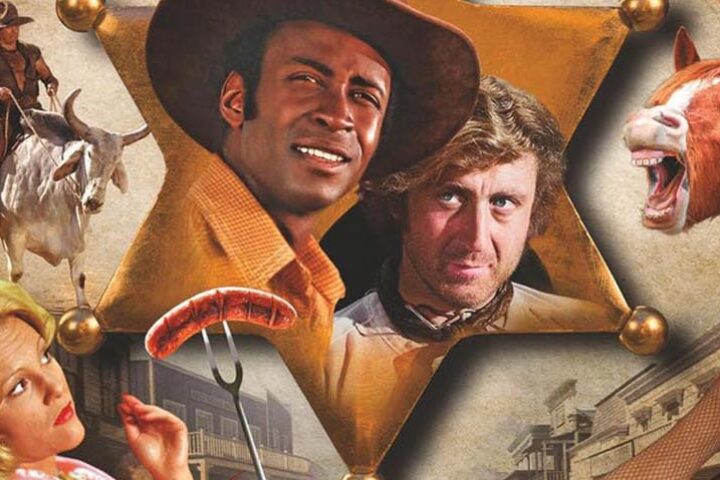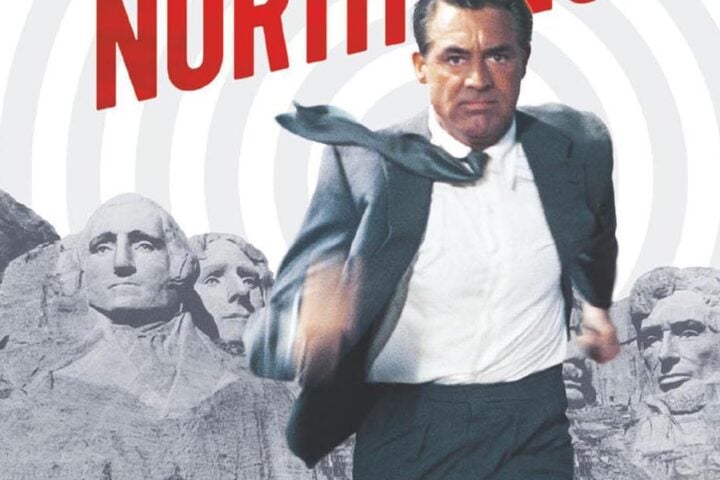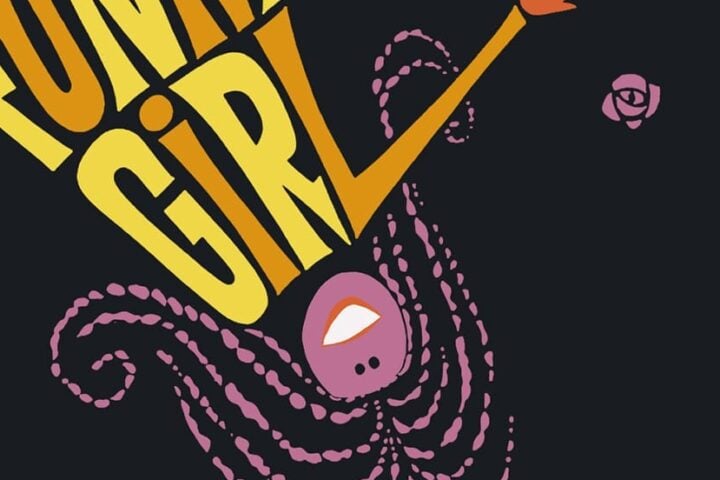Peter Bogdanovich’s 1973 dramedy Paper Moon offers a kind of synthesis of his prior two critical and commercial hits. Set during the Great Depression, the film is attuned, like The Last Picture Show, to the economic precarity that impoverished rural communities face, but it filters its story through the screwball sensibilities of What’s Up, Doc?
A comedy with a perilously bleak side, Paper Moon opens on petty criminal Moses “Moze” Pray (Ryan O’Neal), who makes a living by traveling from town to town posing as a Bible salesman, visiting newly widowed women to hawk a marked-up “special edition” of the good book that their late husbands supposedly ordered for them. Moze’s amorality only deepens when he agrees to take an orphan, Addie (Tatum O’Neal), to an aunt across the Kansas-Missouri state line. Moze quickly uses the child as a sympathetic figure to raise cash, only to be blindsided when the girl displays her own aptitude for manipulating others into loosening their purse strings.
Ryan O’Neal proved his comedy chops in What’s Up, Doc?, and he puts the same smarminess that he channeled into his role in that film to even better use here. Moze laces every interaction with a potential mark with just enough nervous, folksy humility to sound off the cuff, even as he entraps them with efficiency. He never pressures any of the old women he cons into paying for the personalized Bibles he pitches to them, even offering their husbands’ “deposit” back out of respect in order to look more honest. In many ways, O’Neal recycles the awkward mannerisms he used in What’s Up, Doc? but employs them as a façade that masks Moze’s canniness.
The star of the show, though, is O’Neal’s daughter. In her first acting role, Tatum doesn’t let you forget Addie’s keen observational eye and quick reflexes. Addie proves a thorn in Moze’s side until he discovers her gift for swindling and uses her precocity as a weapon to override whatever resistance the conman encounters with his marks. When speaking to Moze, Addie’s voice has a venomous directness, as if she were his hard-bargaining, lifelong partner in crime and not just some unlikely tag-along. But around others, she turns into a sweet naif who seems to stumble around the words—all in an attempt to separate folks from their meager savings.
The younger O’Neal is mesmerizing in the confidence she displays, and Paper Moon is so besotted with her outsized charisma and ability to take charge that even when Addie isn’t the focus of a scene that László Kovács’s camera appears to communicate her perspective of the world. The camera often rests a bit low to mimic a child’s height, and as it constantly looks up at adults and objects, it communicates a whimsy that recalls the magical realism of Charles Laughton’s The Night of the Hunter pitched as comedy.
As consistently entertaining as Addie’s manipulations are, though, they form part of the film’s pessimistic social commentary. If The Last Picture Show could be seen as an allegory for the death of ’60s idealism and the fading of a sense of communal spirit, Paper Moon playfully but pointedly uses the past to excoriate the narcissism of the Me Decade.
Early on, Addie chastises Moze for refusing to help the needy with some of his filthy lucre, referencing F.D.R.’s public addresses on the need for community and mutual aid. Moze brushes off that talk as childish naïveté, and nearly every other adult who Addie encounters in her travels proves just as mercenary as her companion, whether a sex worker (Madeline Kahn) who plays on Moze’s affections for a free ride or corrupt local authorities. Indeed, when Moze finally faces the prospect of justice for his crimes, it’s not for defrauding old women but for scamming a bootlegger who happens to the brother of a sheriff deputy (John Hillerman).
That cynical streak runs through the film, but Paper Moon never succumbs to it thanks to its affection for its irascible leads. For a director who came to filmmaking via the auteurist model of criticism, Bogdanovich always showed an interest in his actors that dictated his directing as much as his own eye determined the performers’ movements, and he takes time out from rapid-fire dialogue or slapstick antics to sit quietly with Moze and Addie as they reappraise one another or react to the people who flit in and out of their lives. And the film can’t help but impart a sense of delight in seeing what the pair gets away with, insinuating that if America is just one big con, you might as well get swindled by charmers instead of faceless institutions.
Image/Sound
Criterion’s 4K transfer brings out the natural contrast in László Kovács’s location-shot cinematography. Daytime shots have a nice balance between bright, sunlit whites and subtler shades of gray, while black levels are rich throughout. Detail is consistently sharp, with some deep-background textures rendered in newfound clarity on home video. The linear PCM mono is stable and issue-free, with clear dialogue situated amid the occasional period-appropriate needle drop or the frequent sound of an old car puttering over country roads.
Extras
Criterion ports over the commentary track from Paramount’s 2003 DVD, and as per usual for the filmmaker, Peter Bogdanovich offers an engaging mixture of raconteur anecdotes and perceptive self-analysis of his filmmaking choices. There are also a few archival featurettes detailing the making of the film, as well as excerpts form a 1973 episode of The Tonight Show Starring Johnny Carson featuring Bogdanovich and Ryan and Tatum O’Neal and an old interview with Bogdanovich’s ex-wife and Paper Moon production designer Polly Platt on how she convinced him to take on the project. The only new extras are a video essay by Bogdanovich biographer Peter Tonguette that delves into the film’s place in the director’s oeuvre and a booklet essay by critic Mark Harris that extols the virtues of Alvin Sargent’s script, Platt’s creative influence, and Tatum O’Neal’s singular, Oscar-winning performance.
Overall
Peter Bogdanovich’s cynical, whimsical comedy receives a sparkling new transfer.
Since 2001, we've brought you uncompromising, candid takes on the world of film, music, television, video games, theater, and more. Independently owned and operated publications like Slant have been hit hard in recent years, but we’re committed to keeping our content free and accessible—meaning no paywalls or fees.
If you like what we do, please consider subscribing to our Patreon or making a donation.



